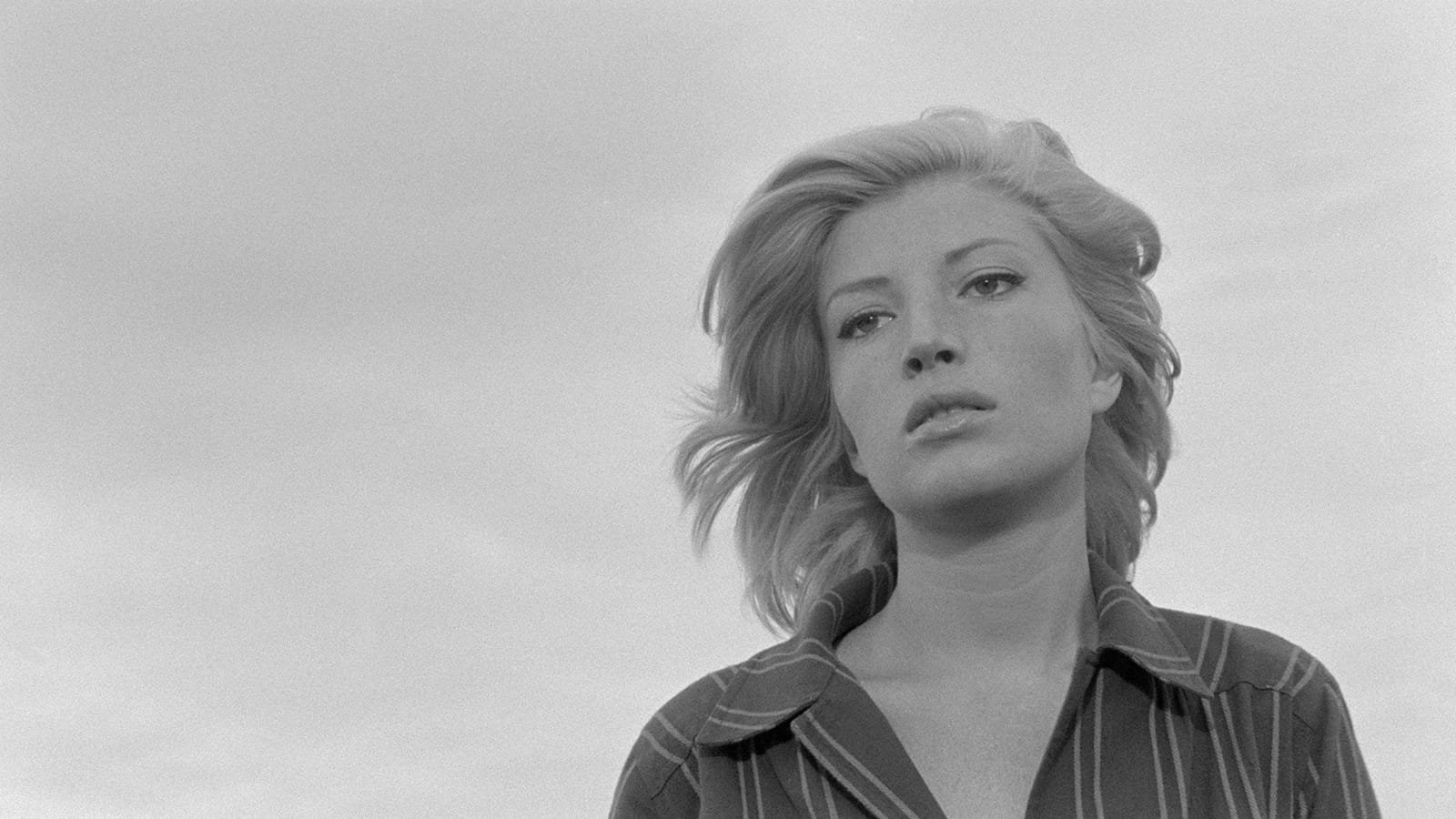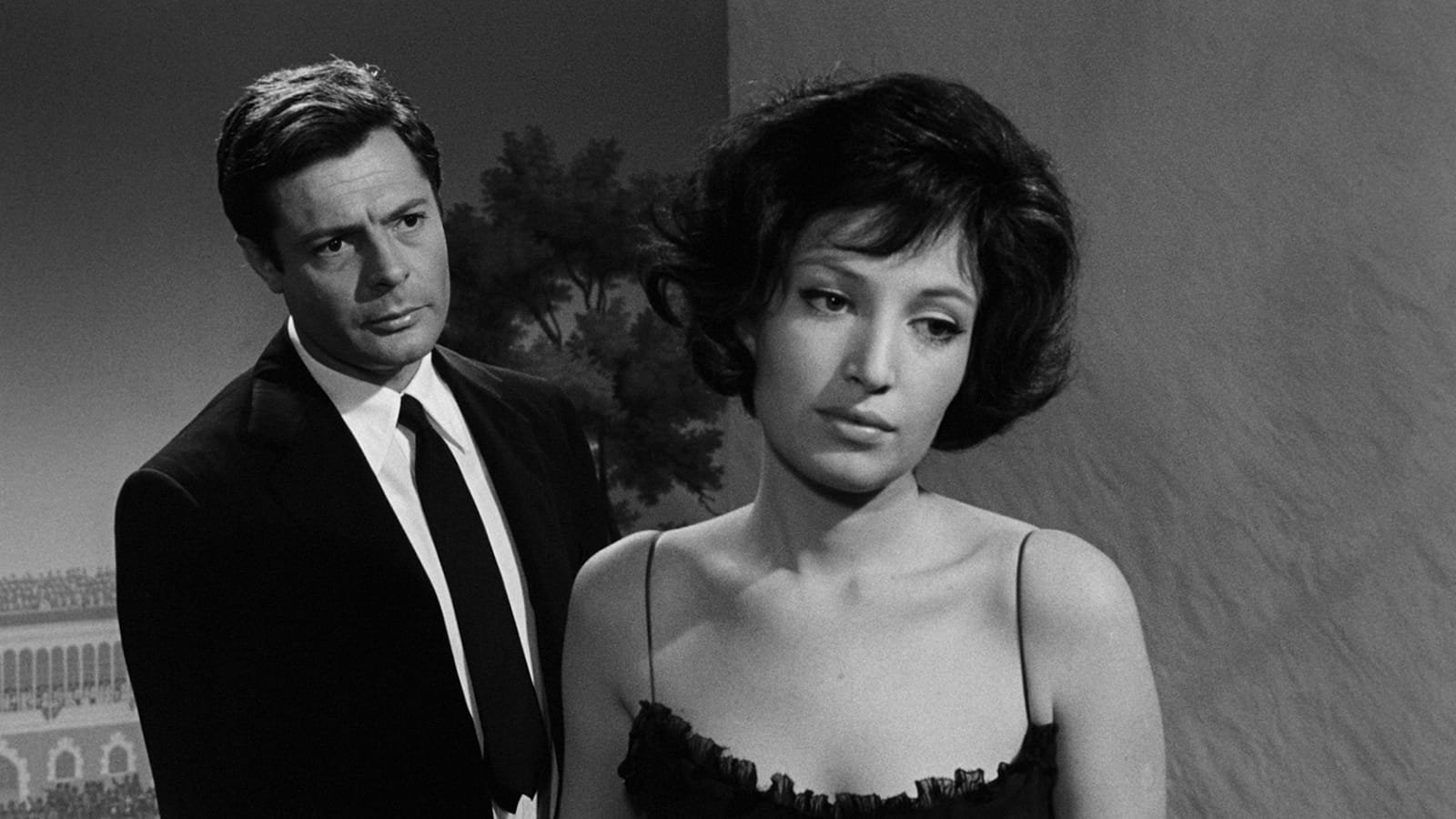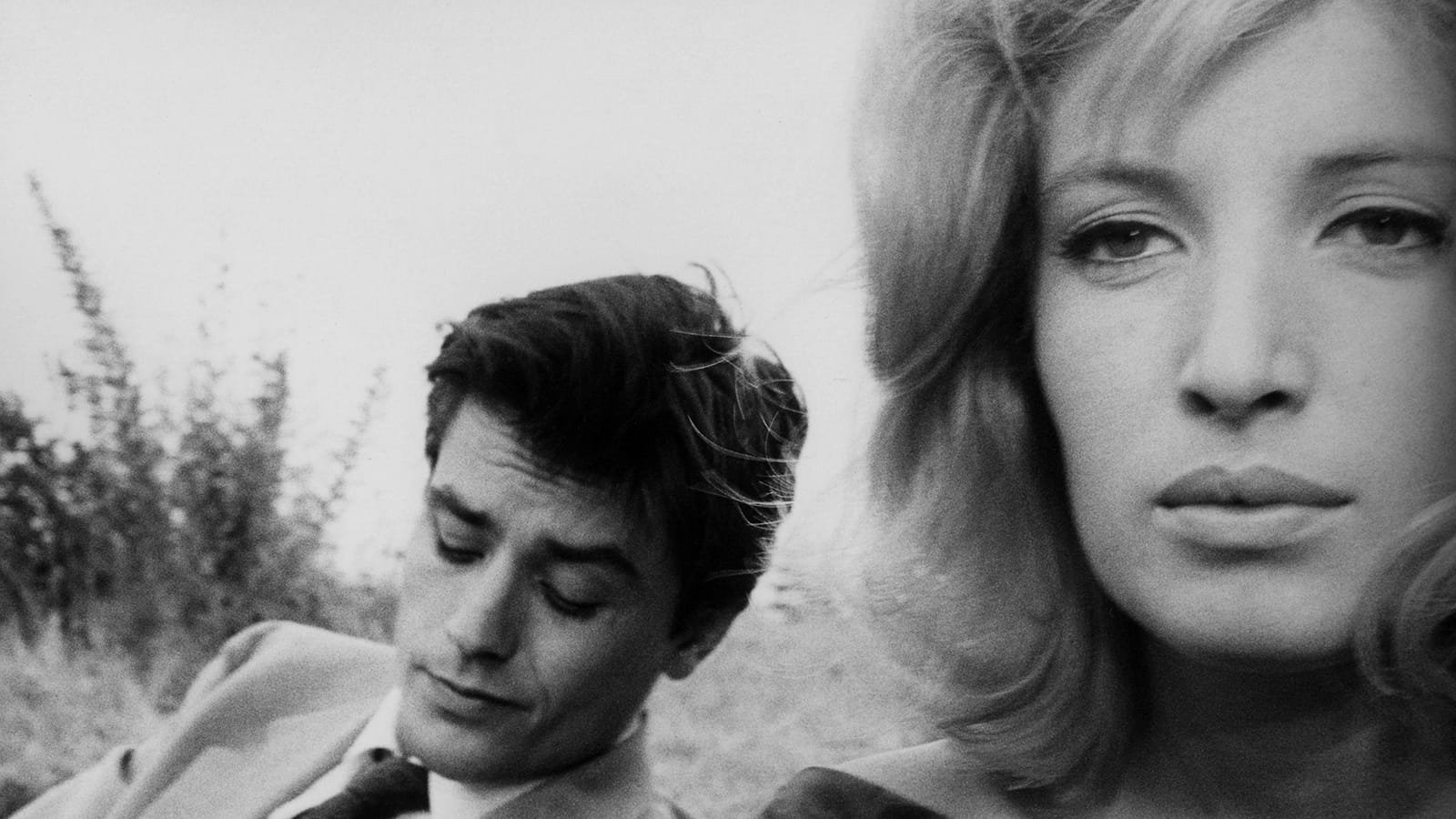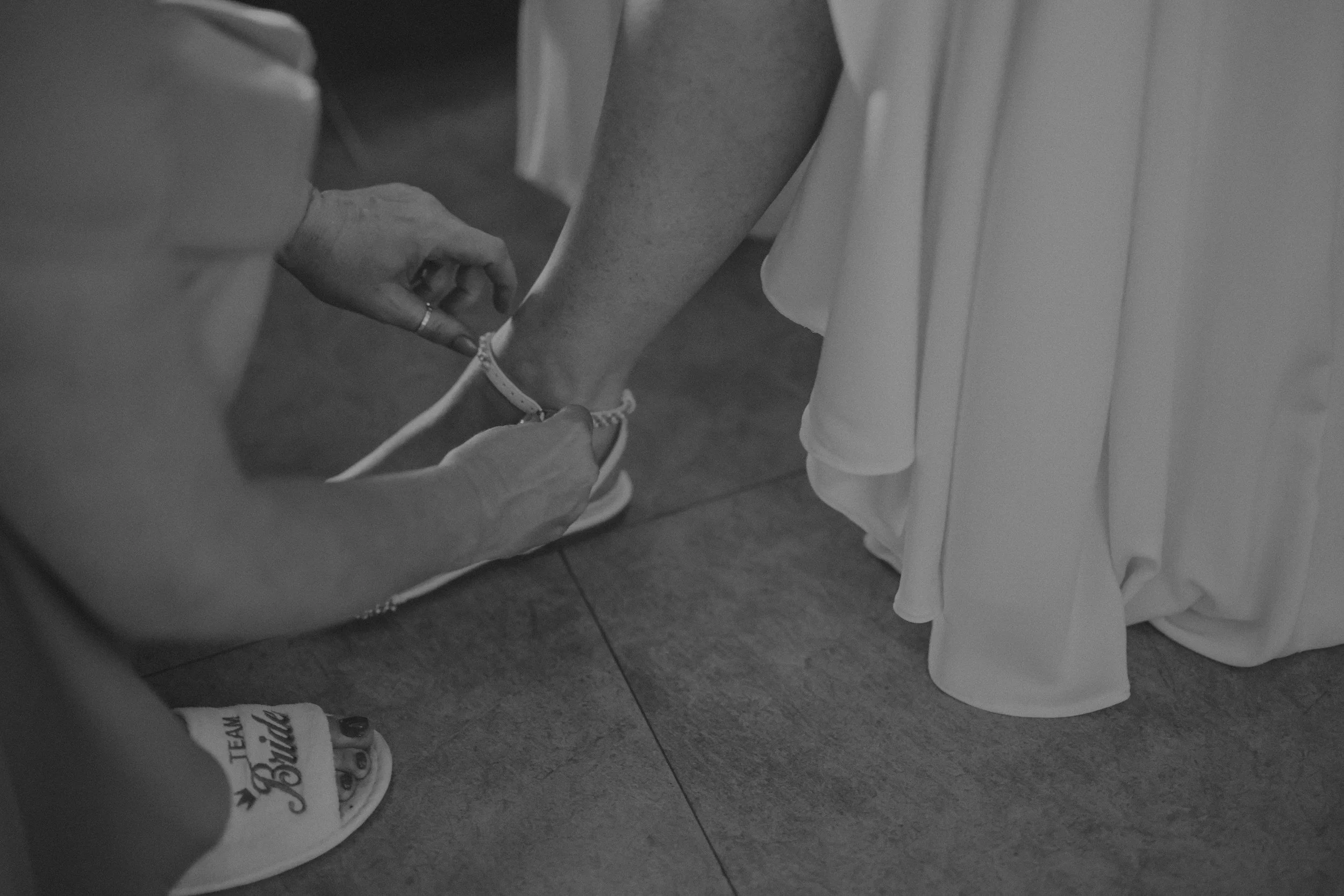Monica Vitti and Antonioni’s cinematic world
The Adventure. Image Credit: Criterion
Monica Vitti (3 November 1931 – 2 February 2022) was an actress who inaugurated a new type of star in Italian cinema (the first from the Italian North), whose characteristics (introvert, high intellectual) and physical figure (tall blonde) were diametrically contrary to the previous features of the Italian “star system”.
She created her cinematic image mostly in Michelangelo Antonioni’s existentialist tetralogy: The Adventure (1960), The Night (1961), The Eclipse (1961), The Red Desert (1964) and later in The Mistery of Oberwald (1980). In The Adventure, she plays a girl who breaks up with her fiancé in a search of a missing friend; in The Night she is a girl from high society trying to establish contact with a married man (Marcello Mastroianni); and a similar character is also interpreted in The Eclipse with Alain Delon.
Women in Antonioni’s films are proof of alienation in the city. The empty streets, harsh urban landscapes and unhappy people, represent the turmoil of life in the modern city and its growing consumerism and obsession with money and status, but also the slow and pervasive paranoia of the global, nuclear holocaust. The contrast between the ways men and women react to their external environment allows the viewer to understand the director’s vision of modern society. Female characters have been moved from their environment to male-dominated spaces. Women more often exist on the margins of the urban environment and they look much calmer surrounded by nature. Men, on the other hand, understand the urban world because they are much more integrated into society.
The Night. Image Credit: Criterion
Yet the difference is simply not in the relationship of nature versus the city, but in spaces, urban or rural, that allow women freedom and security versus spaces where they feel threatened. Women that Monica Vitti plays dominate nature, not the city. Yet it can be said that this is not a division between urban and rural and civilization and nature, but a dual perspective of every big city, a dual male-female function.
The Eclipse. Image Credit: Criterion
Falling into clichés of both type and interpretation in his films, and breaking up professionally and privately with Antonioni, she began to appear in comedies, working with director Mario Monicelli, like in the omnibus High Infidelity (1964) and The Girl with a Pistol (1968). Vitti made only two English language films, the first of which was Modesty Blaise (1966), a James Bond spy spoof with Terence Stamp and Dirk Bogarde and Michael Ritchie’s An Almost Perfect Affair (1979). Her most significant roles also include the Phantom of Liberty by Luis Buñuel (1974) and Flirt by Roberto Russo (1983) on which she worked as a co-writer. In 1990 she co-wrote and directed Secret Scandal.
Vitti won five David di Donatello Awards for Best Actress, seven Italian Golden Globes for Best Actress, the Career Golden Globe and the Venice Film Festival Career Golden Lion Award.
_
Elena Koprtla is from Skopje, Macedonia and currently living in Zagreb, Croatia. She has a PhD from the Faculty of Philosophy, University of Zagreb. She has worked in the cultural editorial board of several media channels in Macedonia, as a book editor and coordinator for an art festival.













